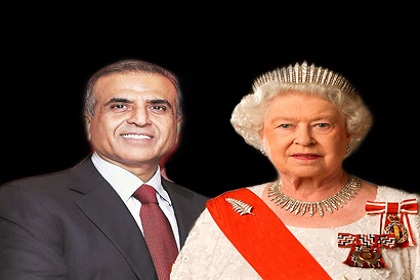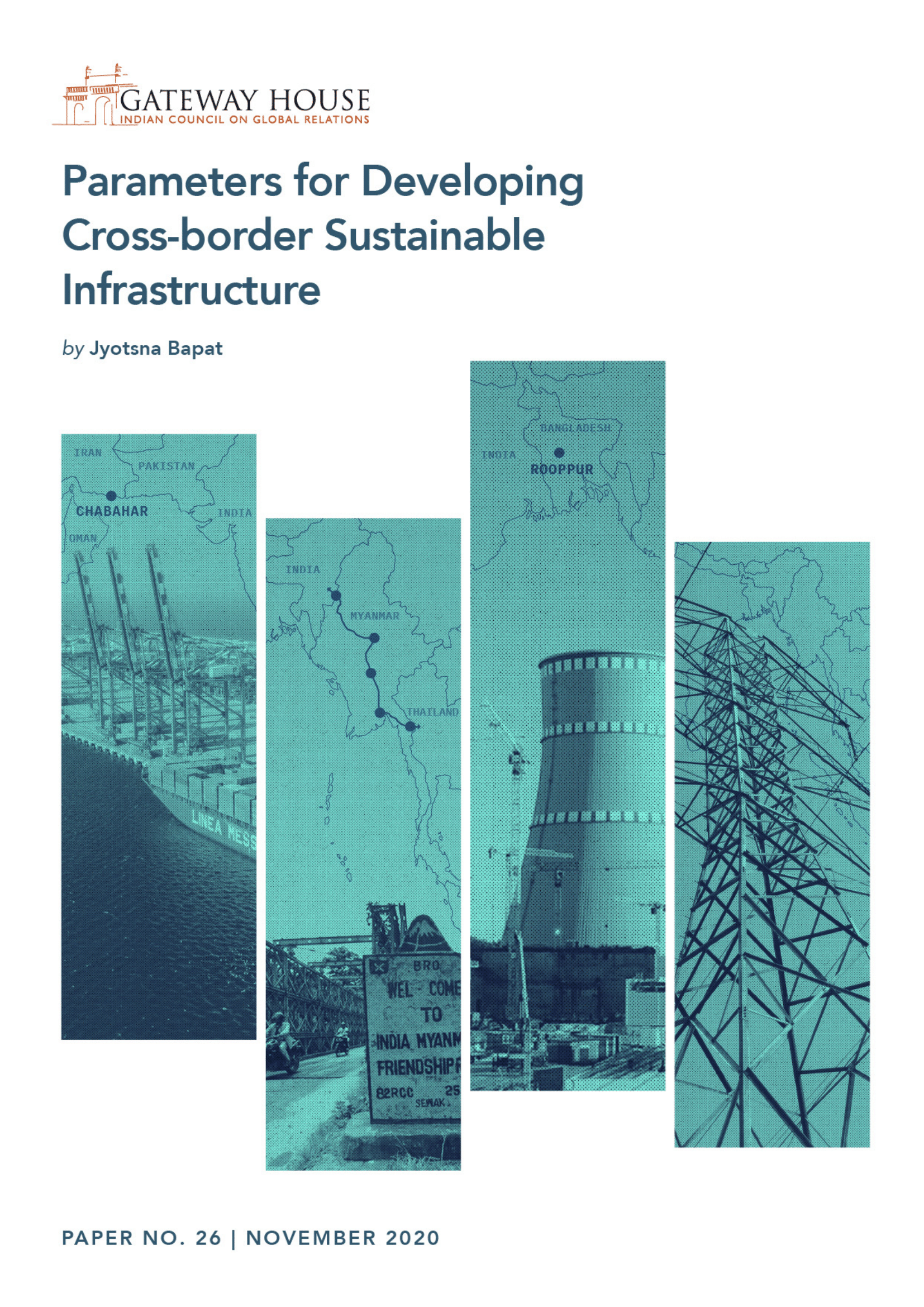India, OneWeb and the Queen’s stake
Bharti Global’s stake in OneWeb has given India lateral entry into this lucrative and newly-competitive global satellite-based internet services market. India and the U.K., the two stakeholders in this company, can build and sustain this collaboration through a well-thought-out bilateral space diplomacy agenda.










